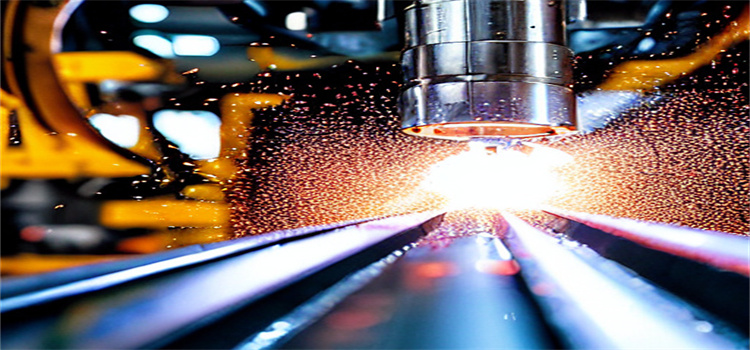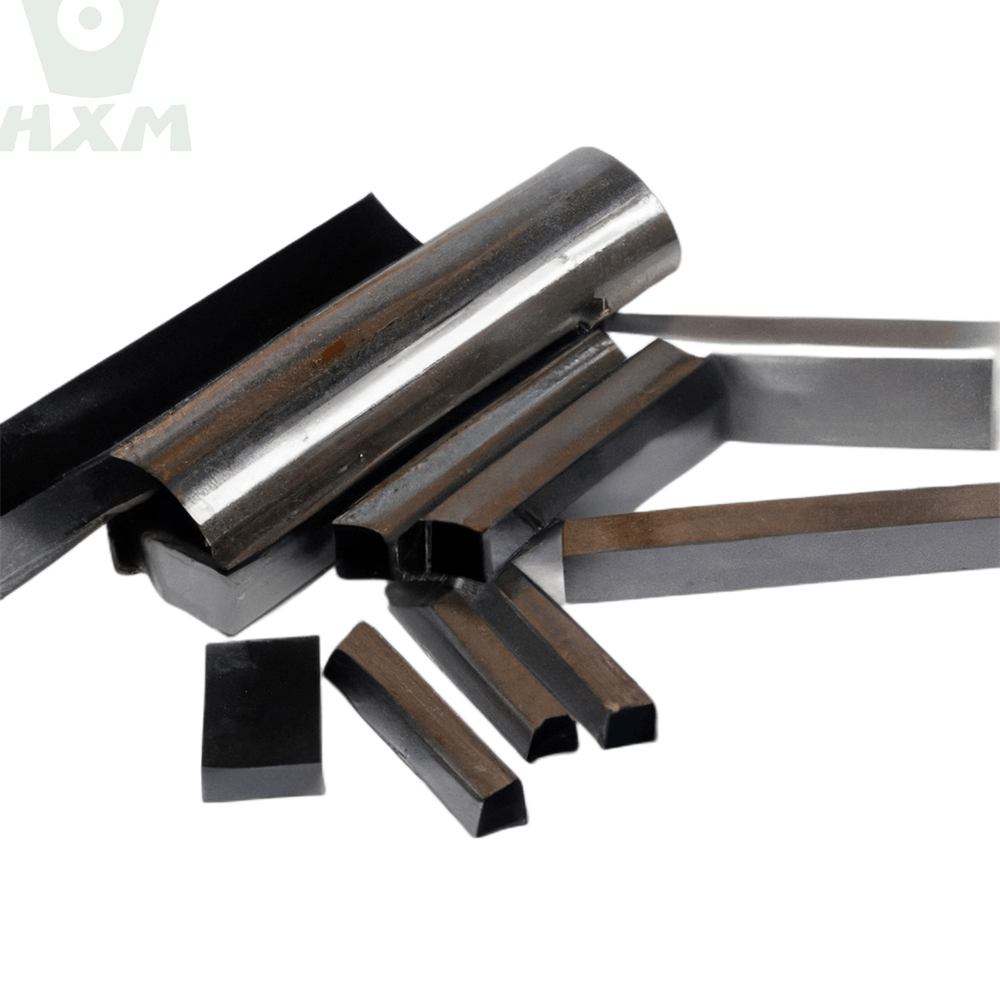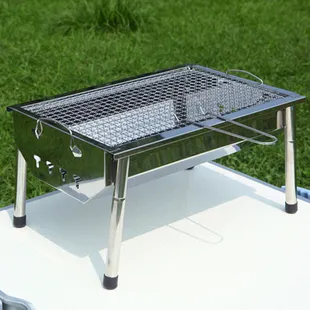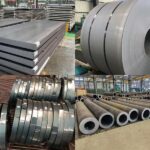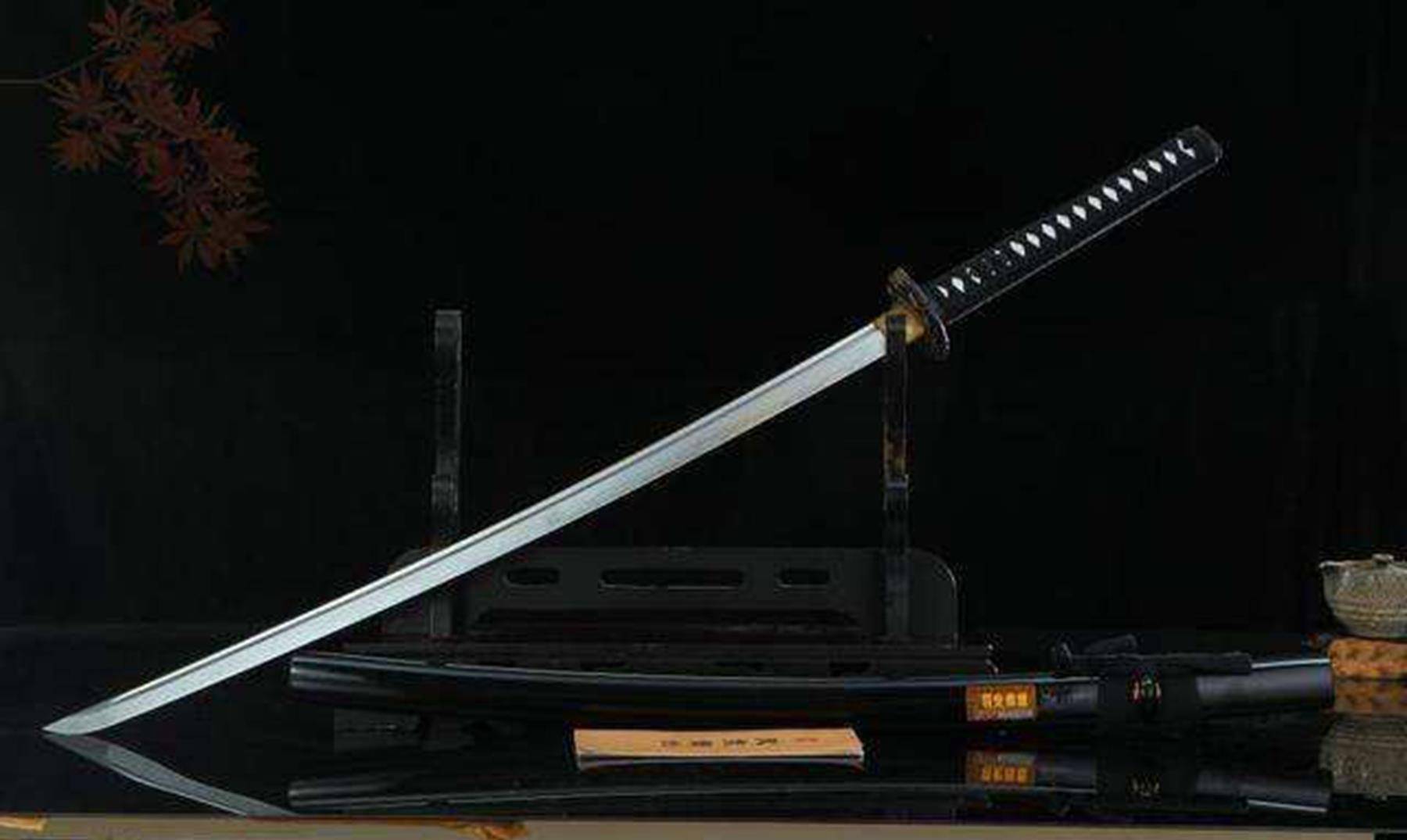As a senior expert in metal materials with extensive experience from Huaxia Steel, I am often approached with questions regarding the corrosion resistance and durability of different metals. One such question that frequently arises is whether high carbon steel rusts. This article aims to provide a comprehensive, accurate, detailed, and authoritative answer to this question.
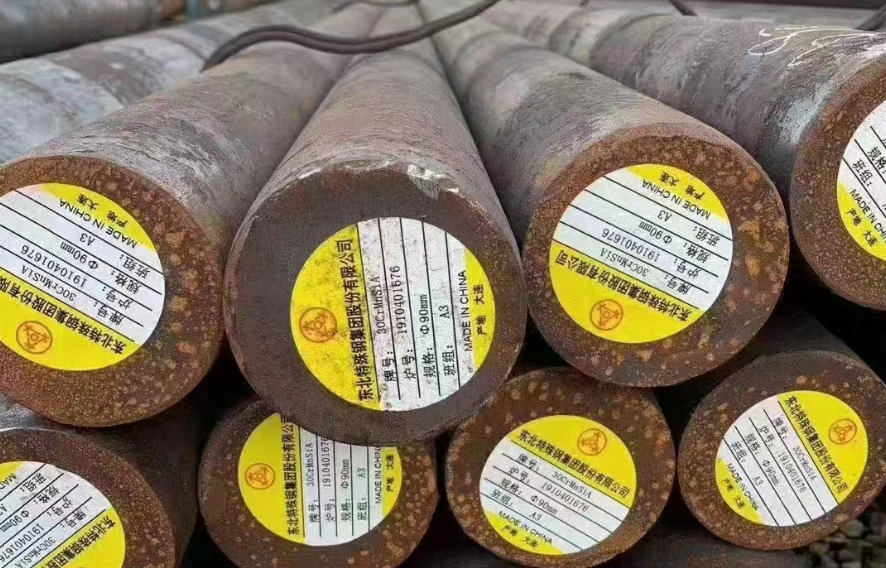
Does high carbon steel rust?
High carbon steel, as the name suggests, is a type of steel with a higher carbon content compared to other grades of steel. The carbon content in high carbon steel typically ranges from 0.6% to 1.7% by weight. This higher carbon content enhances the material’s hardness, wear resistance, and strength, making it suitable for a wide range of applications, including cutting tools, springs, and bearings.
However, the increased carbon content also affects the corrosion resistance of high carbon steel. Carbon is a non-noble metal element, which means it has a lower electrochemical potential than many other metals. When exposed to moisture and oxygen, carbon reacts with them to form carbon dioxide, a process known as corrosion.
Rust, or iron oxide, is a common form of corrosion that occurs when iron or steel is exposed to moisture and oxygen. The corrosion process involves electrochemical reactions, where the iron oxidizes, releasing electrons, and these electrons react with oxygen and water to form iron oxide, commonly known as rust.
Now, let’s delve into the question: does high carbon steel rust? The answer is yes, high carbon steel can rust. However, the rate and extent of rusting depend on several factors, including the carbon content, the presence of other alloying elements, the environmental conditions, and the protective measures taken.
Firstly, the higher carbon content in high carbon steel makes it more susceptible to corrosion. Carbon atoms can form micro-galvanic cells with iron atoms, accelerating the corrosion process. However, the presence of other alloying elements, such as chromium, nickel, or molybdenum, can improve the corrosion resistance of high carbon steel.
Secondly, the environmental conditions play a crucial role in the rusting of high carbon steel. High humidity, the presence of salts or acids, and oxygenated water can all accelerate the corrosion process. Conversely, dry or low-humidity environments can significantly slow down rusting.
Lastly, protective measures can be taken to mitigate the rusting of high carbon steel. Coating the metal with paint, varnish, or other protective layers can create a barrier between the metal and the external environment, thus preventing corrosion. Additionally, galvanizing or anodizing processes can be used to create a protective layer on the metal surface.
Conclusion
In conclusion, high carbon steel is susceptible to rusting due to its higher carbon content and the electrochemical reactions that occur when exposed to moisture and oxygen. However, the rate and extent of rusting can be influenced by various factors, including alloy composition, environmental conditions, and protective measures.
Thank you for reading our article and we hope it can help you to find the answer to the question: Does high carbon steel rust? If you are looking for high-carbon steel suppliers online now, we would advise you to contact Huaxia Steel.
As a leading supplier of carbon steel products from Shanghai China, Huaxia Steel provides customers with high-quality carbon steel, tool steel, alloy steel, carbon steel tubes, and carbon steel pipes at a very competitive price.

